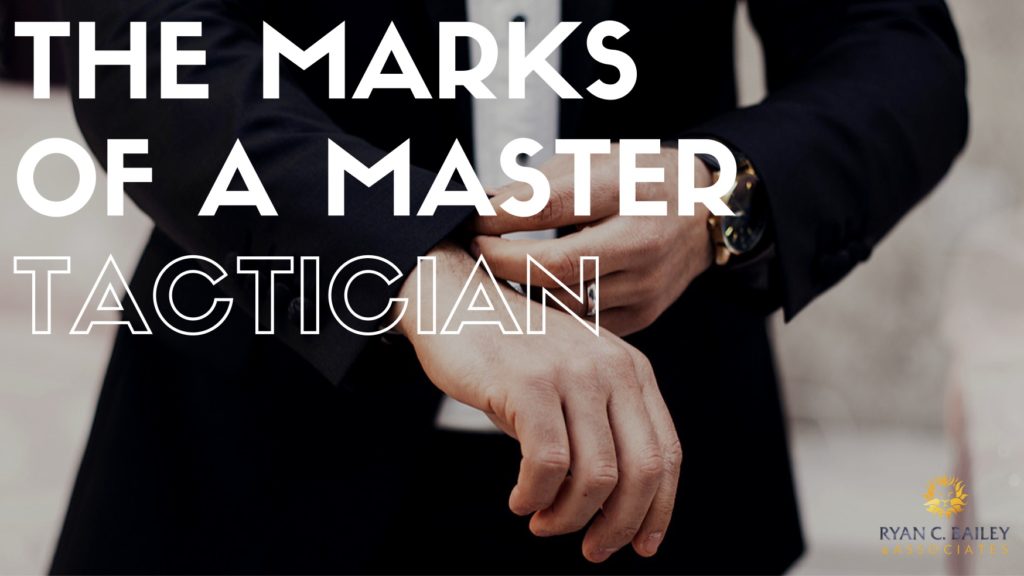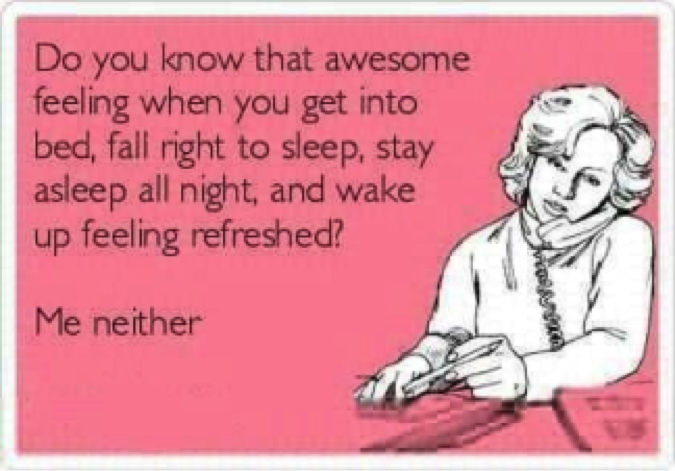 I am coaching a group of directors who all want to become vice presidents in their companies.
These men and women are sharp, gifted individuals. Already they are making a significant impact where they are. They are master tacticians, skilled at executing the strategic initiatives set by those over them.
I am coaching a group of directors who all want to become vice presidents in their companies.
These men and women are sharp, gifted individuals. Already they are making a significant impact where they are. They are master tacticians, skilled at executing the strategic initiatives set by those over them.
There used to be a day when vice presidents could be either tactical or strategic. However, those days are gone. More and more companies are wanting to see that prospective VP’s can do both.
The group I'm coaching already shows great signs of being able to flex their strategic muscles, but they've been in roles that are heavily tactical.
Moreover, they are so busy implementing what they are tasked to do that they have little room for what it takes to practice the art of strategy.
In this multi-part blog series we are going to discuss:
- The Marks of a Master Tactician
- The Marks of a Master Strategist
- Combining a Strategic Mindset With Your Tactical Base
As a leader, you may already be identifying in your mind who on your team is more strategic and who is more tactical.
To advance excellence in your team, all members of the team need to understand and implement principles of both--what it takes to be a Master Tactician and what it takes to be a Master Strategist.
The higher up they move in the company, the more they will be working through others, so they will need a strategic mindset to succeed.
However, those who are closest to the front lines, who require a tactical mindset, will also need to understand what you as the leader need in order to make effective decisions for the good of all.
For example, suppose your frontline had a basic training on how to spot trends not yet revealed by the data you are seeing. Imagine what a difference that would make to you and to the company.
If a team were to take this basic training, what might they draw out about what it means to be tactical? Basically, it is “work done below the shoulders.”
Those who are strong at being tactical are strong at executing. So tactical people are operational.
Tactical people’s line of vision is focused on the shorter term. Sometimes it means being focused in the moment. As such, they can be reactionary, but must definitely be adaptable and flexible.
Let’s look at what the work life of a master tactician entails:
1. They achieve the strategy for their small part of the business.
While they may have some awareness of the overall strategy for the company, tacticians usually don’t have overall details, but they do have details for their part of the business.
Once they receive the strategy, master tacticians know who on their team needs to do what in order to accomplish the goals. They put together solid plans and work the plan. This gives them a great deal of control in the day-to-day operations, as long as higher ups trust them to execute.
2. They are resource management oriented.
Master tacticians directly use the resources of the company to accomplish the strategy. As such, masterful ones are wise with how they allocate the resources, and they are accountable for how they use them.
3. They are project-oriented.
Tacticians go from project to project, often working a few different ones at the same time. They get the benefit of seeing the fruit of their labors in shorter term bursts than the strategists do. This can be incredibly rewarding.
4. They are fast-moving and always busy.
There is never a break. There is always a ton of work. There are always decisions to be made as to what gets dropped. There is a constant need to filter all that they have through Julie Morgenstern’s 4 D’s - Delegate, Delete, Delay, and Diminish.
Many have at least double digit unread messages -- if not triple. Their work is such that they can’t stop. There are always more meetings, or stakeholder calls to make, in addition to the projects they are on.
However, those who are master tacticians thrive in that type of fast-paced environment. If they are in the right tactical role, they are never bored. There is always something to do.
5. Typically, the only time they think about the business is when they are on vacation, or about to fall asleep.
As you can infer from above, the thought of being able to stop and really think about the business seems like a luxury to them. Many say that the only time they do is when they are on vacation or about to fall asleep.
For some personality types, that could be a gift. Yes, it could be frustrating not to have more of a say in the strategy, but those who love to execute thrive here.
It is easy to see why some people would never want to leave the tactical realm. If they are wired for it, they can get into their comfort zone and never leave.
However, as I said earlier, the days are now here that in order to move to higher levels in a company, there has to be a strategic mindset as well as a tactical one.
Chew On This:
- Who on your team is more tactically oriented?
- Who is more strategic?
- Who seems to balance both really well?
- Who are you thinking of promoting? :-)
Ryan C. Bailey is President and CEO of a company that equips leaders to develop the teams that everyone wants to work for. *This blog is an amalgamation of a few different clients. No one single client is being singled out.



